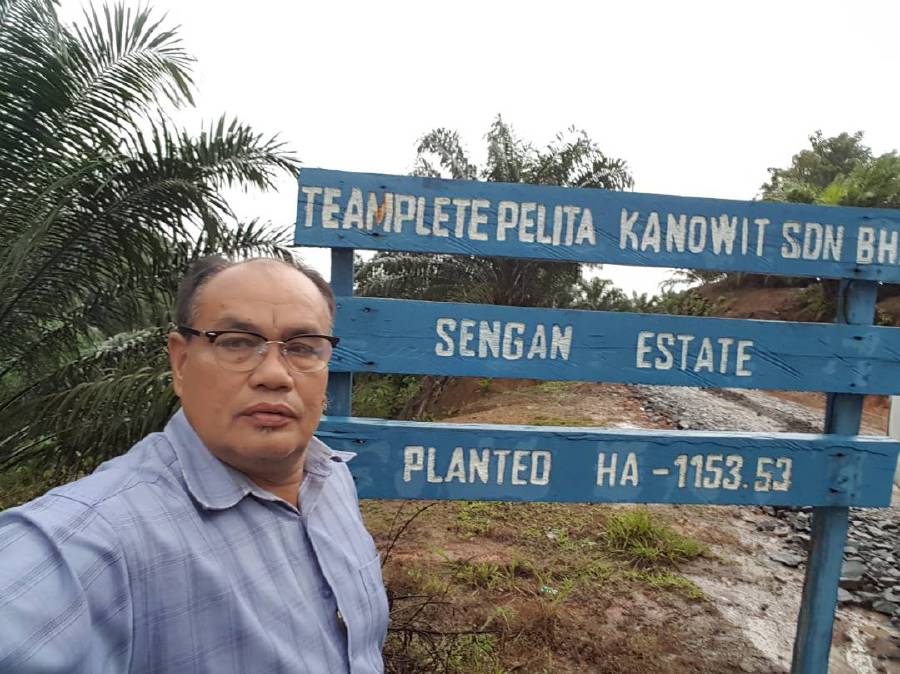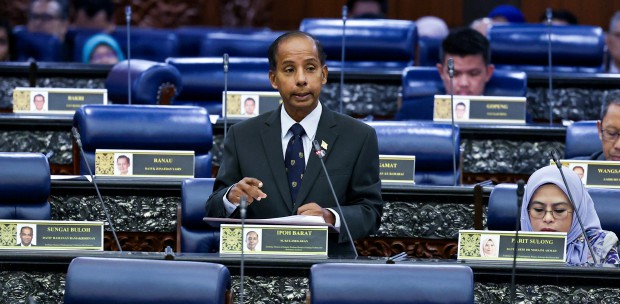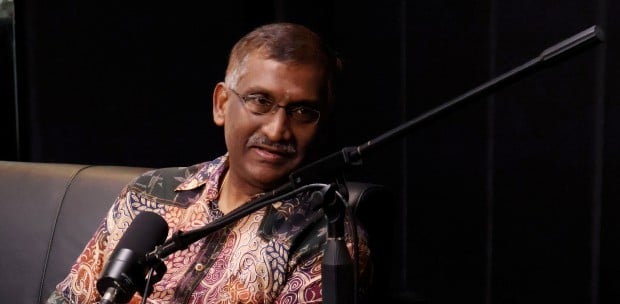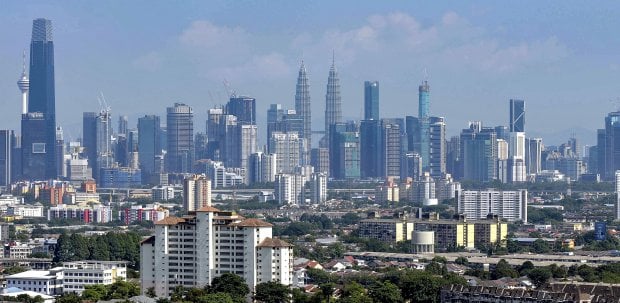KUALA LUMPUR: The word ‘sustainable’ does not belong to and should not be dictated by the European Union (EU) to the detriment of developing economies, said a Malaysian lawmaker.
In an interview with NST Business, Malaysian Palm Oil Board (MPOB) chairman Datuk Seri Ahmad Hamzah, who is also Jasin Member of Parliament, noted the EU's dialogue slant to confine the interpretation of word 'sustainable' to that of rainforest conservation is akin to crop apartheid.
Last week, the European lawmakers approved draft measures to reform its energy market to ban palm biodiesel for motor fuels from January 2021.
Malaysia is the world’s second-biggest palm oil producer after Indonesia, and the two countries together account for more than 85 per cent of global output.
Last year, Malaysia earned RM75 billion in palm oil exports, with the EU being its second biggest export market.
“The EU Parliament’s plan to allow other vegetable oils like rapeseed, sunflower and soy to continue operating under its Renewable Energy Directive while banning palm oil is crop apartheid," Ahmad said in a telephone interview.
"The EU's interpretation of the word 'sustainable' is lop-sided. It neglects poverty alleviation and social advancement among developing nations and therefore contradicts the universally accepted United Nation's Sustainable Development Goals (SDGs)," he said.
The SDGs, which Malaysia subscribes to, is premised on a balanced needs of People, Profits and Planet. In taking a cue from these objectives, the Malaysian government launched the Malaysian Sustainable Palm Oil (MSPO) certification in 2016.
Many western green activists, their affiliates in Malaysia and the Roundtable on Sustainable Palm Oil (RSPO) rejected it, without much basis.
"They repeatedly criticise the MSPO is of 'lower' standards than the RSPO. They also questioned whether the MSPO is internationally accepted when it is obvious their voice do not represent elected leaders of developing economies," Ahmad noted.
He went on to explain the Malaysian government, via the MSPO, is adopting an inclusive approach to bring up the image of Malaysian palm oil in the global trade of vegetable oils.
Compared with other certifications or standards initiated by developed nations, the MSPO seeks to restore balance of social and economic dimensions in oil palm cultivation to be on par with that of environmental conservation.
"Only when the three dimensions of sustainability are proportionately accounted for and treated equally, then the generally accepted definition of 'sustainable' can be achieved," he said.
In a separate interview from a small town of Kanowit, an oil palm planter stood up against wrongful allegations that Sarawak suffers from wanton deforestation and illegal land grab.
"What deforestation? What is the EU talking about?" said Enyang Menchol, a native who have been cultivating oil palms with other villagers on ancestral native customary rights (NCR) land.
"We're planting oil palm on NCR land, agricultural land that have been passed down from generation to generation. We're cultivating oil palms on ancestral land that belongs to us.”
"I don't understand when some people, who claim to speak on behalf of natives, like to allege there is rampant land grab and they wrongfully conclude palm oil production is illegal.
"I may be simple but I'm not simple-minded. I want to set the record straight. My people are making an honest living, planting oil palms to produce palm oil.
“All we ask is for the EU to stop discriminating palm oil and reinstate equal opportunities to trade. Please stop trade oppression on oil palm planters," he said.





